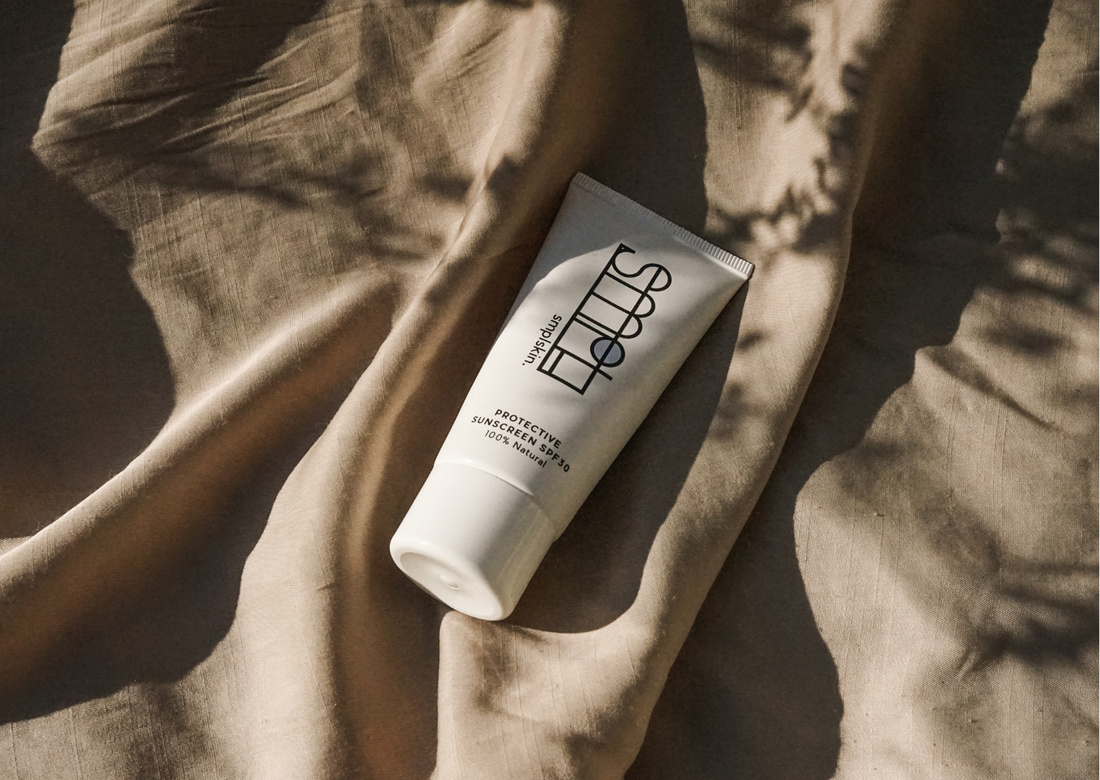
The difference between SPF30 and SPF50
Share
'What is the difference between factor 30 and 50 ?' This is a question we often get. Especially now that we are increasingly aware of how important it is to protect ourselves from the sun. But how do you choose the right sunscreen and what should you pay attention to?
Percentage difference between SPF30 and SPF50
If you want to protect yourself well, many people opt for factor 50. For many, factor 30 feels like considerably less protection. But an SPF 30 and 50 don't seem to differ much from each other. Factor 30 offers protection against 97% of the sun's rays and factor 50 offers 98% protection. The difference between factor 30 and 50 is therefore minimal. However, with factor 50 you are protected against the sun for a little longer.
Sunblock or SPF50
Factor 50 does not protect you 100%. 'Then sunblock' I hear you think. However, there is no sunblock that protects you 100%. The term sunblock should therefore no longer be used. We would like to advise you to use at least SPF 30 if you go out into the sun.
Choose a sunscreen without perfume
Do you suffer from sun allergy, red spots, skin irritation or pimples due to your sunburn? This is not necessary! Use a natural, mineral sunscreen without perfume. This can save a lot of irritation. Also, study the ingredient list for drying ingredients. These can be in both synthetic and natural sunscreen. Our award-winning SMPL sunscreen is 100% natural, prevents sun allergies and other imperfections, and is super nourishing at the same time. The sunscreen protects AND cares for your skin while tanning and even won the international award for best sunscreen of 2018 at the Pure Beauty Awards. Click here to view our protective sunscreen.
What should you pay attention to when choosing your sunscreen?
- choose SPF30 or 50, but certainly not lower
- choose a mineral sunscreen and not a chemical one. Read here why.
- no perfume or essential oils on the ingredients list
Lubricate, lubricate and more lubricate
If you want to protect your skin well, there is only one thing to do: lubricate, lubricate and lubricate even more. That is the best protection. Apply every two hours, regardless of the factor, and always after swimming or perspiring heavily. Then you're good anyway. We like to use our sunscreen as a day cream when we are outside a lot (especially in the summer) or we add a little to our day cream . It is also good to look at the strength of the sun where you are. Because on some days or in certain places (where the ozone layer is very thin, for example) the sun can be a lot stronger and cause much more damage and damage than you think. UVA and UVB rays can also radiate through clouds and cause damage to your skin, so keep using it even when it's cloudy, even in winter!
